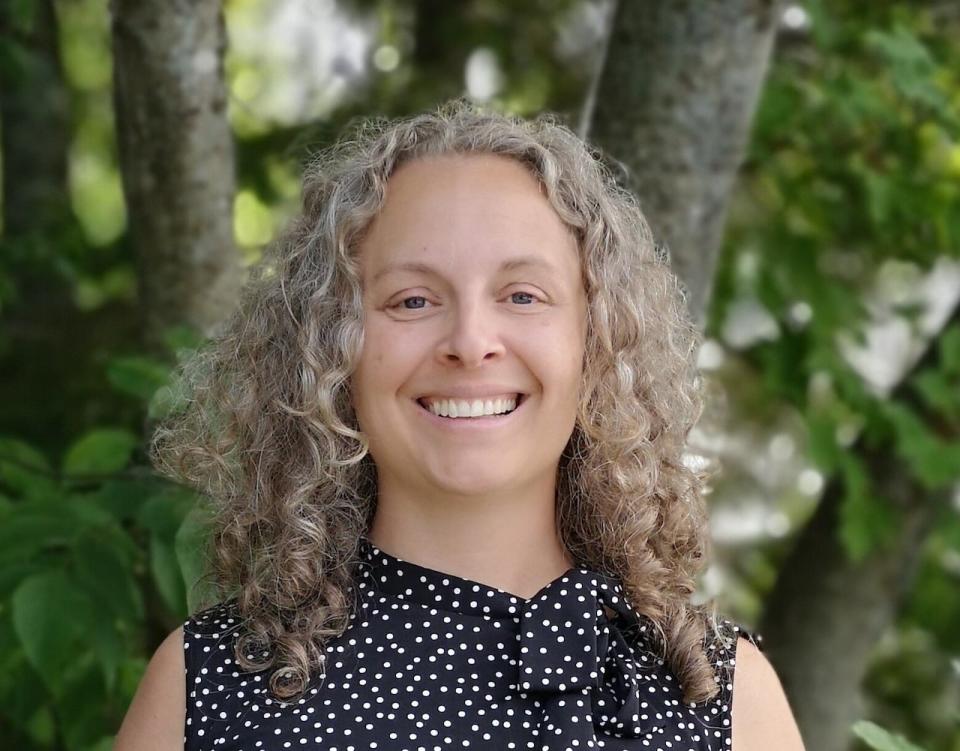N.B. brain health study looked at prevention, screening for dementia

It's no secret, Atlantic Canada is aging.
And with age comes risk for diseases, such as dementia.
"I think what concerns me most over the next 20 years is the increase in numbers of people that are going to be 75 years of age and older and our system's ability to respond to the needs of those individuals," said Pamela Jarrett, a geriatrician with Horizon Health Network.
Jarrett studies dementia and was part of a recent New Brunswick study that aimed to both prevent and screen for the disease by treating patients in their homes.
"I think we need to be creative," she said of how health care needs to reduce the strain of an aging population on the health care system.
"Reducing that strain is slowing down or preventing dementia."
The study, the New Brunswick Brain Health Initiative: Preventing Alzheimer's by Lessening Modifiable Risks, was done in conjunction with Dalhousie University, the University of New Brunswick, Université de Moncton and the Horizon and Vitalité Health Networks.

Dr. Pamela Jarrett, a Saint John geriatrician, lead the study and said there was a high satisfaction rate among seniors who participated. (Submitted/Jeremy Slayter)
Jarrett said risk factors for the disease can be managed, or reduced, even late in life. It doesn't work on everybody, she said, but it's promising.
The study involved a "home intervention" by engaging seniors over Zoom, three times a week for 16 weeks, with physical and mental activities.
"And in fact it did work," she said, adding that there was a large demand across demographics of seniors wanting to be included in the study.
The physical side included aerobic training with balance and toning exercises, while the cognitive side was a virtual program developed in Montreal, called Neuro Peak.
In a recent presentation, Jarrett said 80 per cent of participants adhered to the physical and mental exercises in the study, and there was high satisfaction with the virtual technology aspect of it.
Comments from seniors who took part in the study were included in the presentation.
"It made it so much easier because I didn't have to go anywhere ... My trainer, he was flexible and so sometimes we tweaked our times ... With the physical part, I could do it all in this room," wrote one participant.
"Noticed a big difference in my flexibility, everything, just my capabilities, I would say," wrote another.
Dementia numbers in N.B. expected to double
"People want to do something to help themselves if they can," Jarrett said.
"So I think at this point, what we would hope is that we can find some way that we could deliver that type of a program more extensively across the province, in hopes that it will have a very positive impact of preventing the onset of dementia in their later years."
There are currently about 12,000 people in New Brunswick who have dementia, said Chandra MacBean, executive director of the Alzheimer Society of N.B.

Chandra MacBean is the executive director of the Alzheimer Society of New Brunswick. She said innovative studies like the one just completed can help reduce the risk of dementia for seniors. (Submitted by Chandra MacBean)
In 30 years, that number is expected to double, she said.
"I think it's really difficult to prepare for an aging population. It certainly is something we knew was coming — we've been talking about it for quite a while," MacBean said.
Innovative studies like the one just completed are helpful in reducing the risk, she said. Both physical and mental exercise are good ways of preventing the disease, both of which were used in the study.
"I think if we can find ways to be innovative, to help people stay in their homes, to allow them to live well, even with a diagnosis of dementia, I think it's always a good thing."
Dementia research is not only about prevention but also risk reduction and delayed onset, she said, to help not only the patient but also caregivers and the health care system.
"All of those different ways of impacting the trajectory of dementia, and the experience of living with dementia, has a very real impact."


